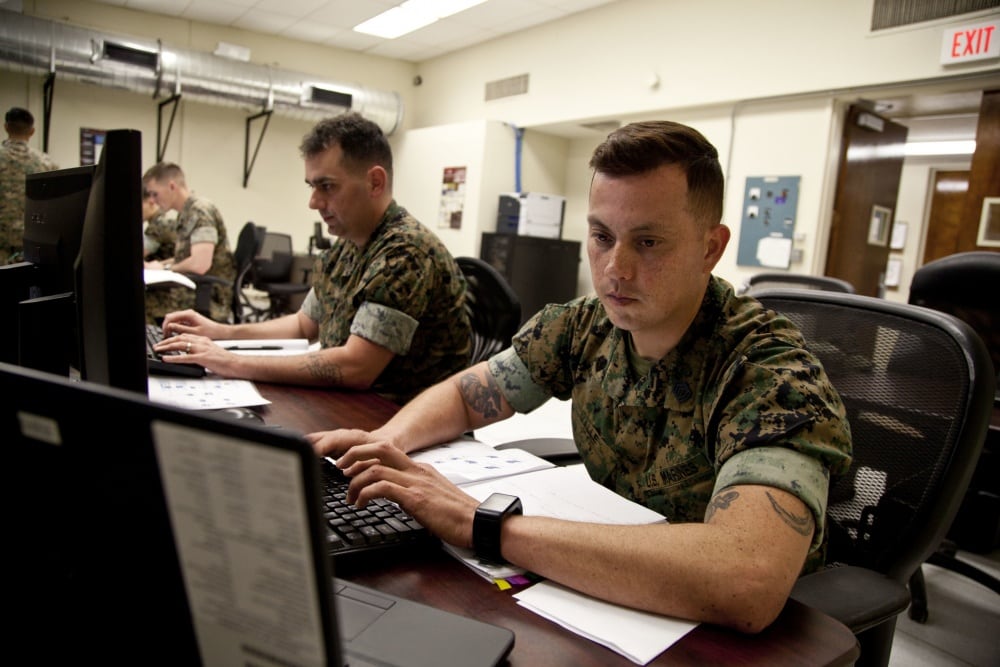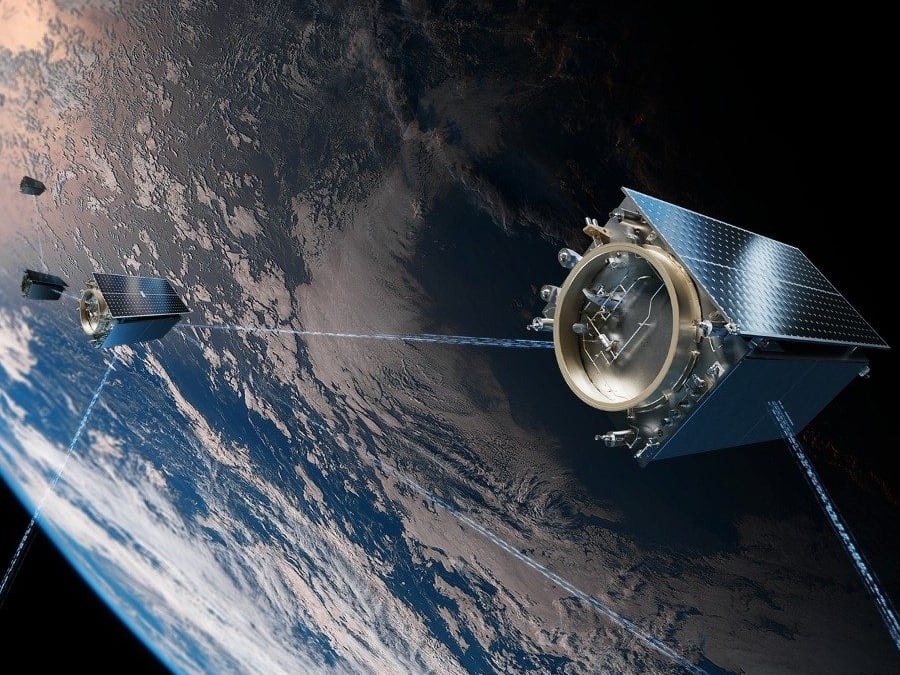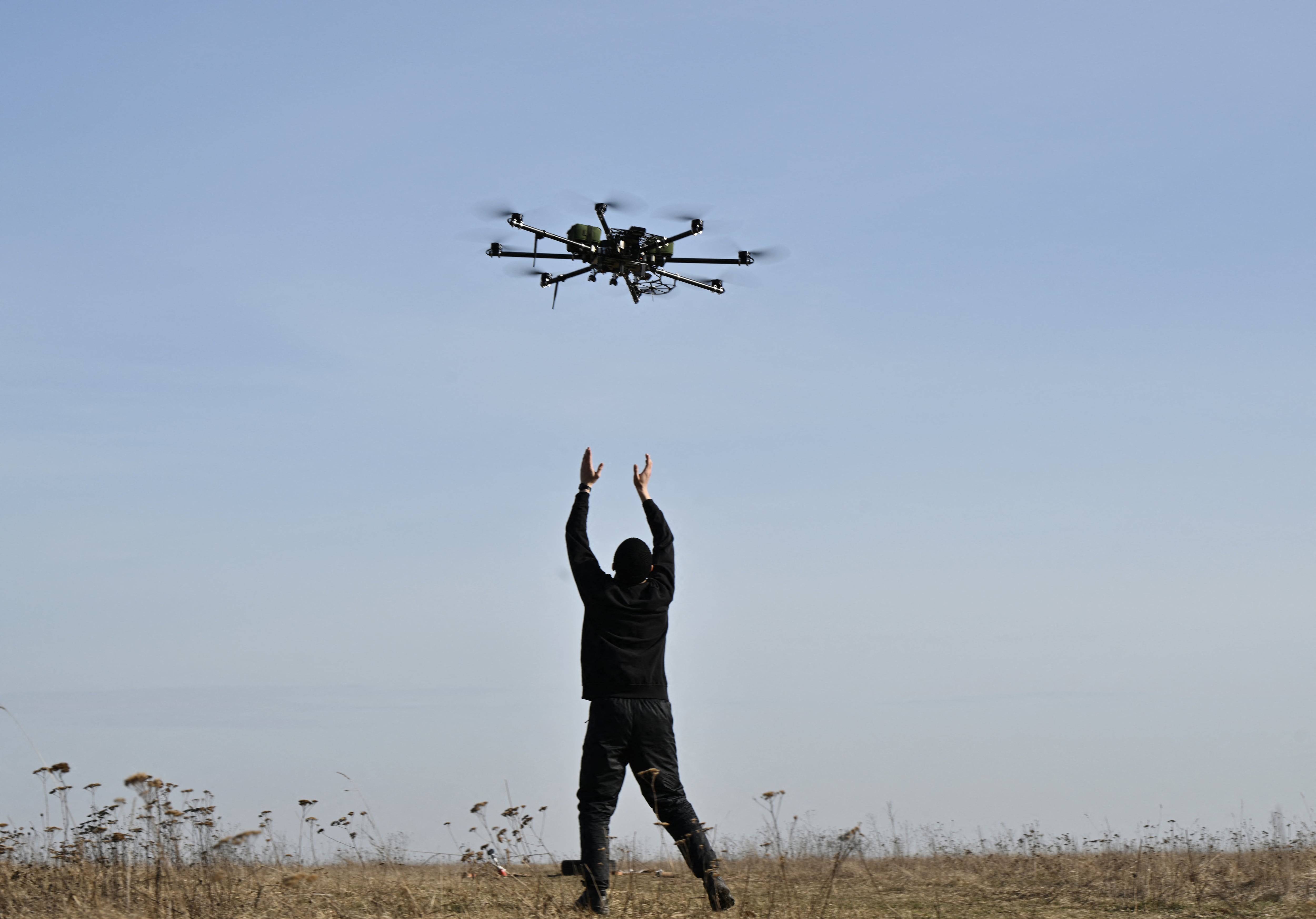U.S. Cyber Command has tasked the Marine Corps’ cyber arm with globally thwarting terrorist groups.
Since receiving the baton from the Army for the cyber counter-offensive against ISIS in September 2018 — a mission known as Joint Task Force-Ares — Marine Corps Forces Cyberspace Command has been responsible for the transregional global violent extremist organization mission in cyberspace.
While it was known Marine Corps Forces Cyberspace Command was responsible for Joint Task Force-Ares and combating ISIS in Iraq and Syria, officials acknowledged the global counterterror mission for the first time.
“As the transition was made” from Army Cyber Command to MARFORCYBER, U.S. Cyber Command’s leader Gen. Paul Nakasone “thought it was important to expand that mission set,” Maj. Gen. Matthew Glavy, MARFORCYBER’s commander, told reporters May 7 during a first of its kind media briefing at its facilities at Fort Meade.
Each of the service cyber component commanders also lead various Joint Force Headquarters-Cyber, which provide planning, targeting, intelligence and cyber capabilities to the combatant commands they’re assigned to. This is how offensive cyber forces are employed on battlefields across the world.
Joint Force Headquarters-Cyber Marines supports Special Operations Command, which is responsible for the global counterterrorism mission including disrupting the financial, messaging and foreign terrorist fighter networks.
By reassigning the Joint Task Force-Ares mission, and by extension the global mission to counter terrorist groups in cyberspace, to the Marines, their support for SOCOM provides a greater global insight into what terrorist groups might be doing across the various geographic boundaries and geographic combatant commands.
Glavy said his organization continues to support Central Command and Operation Inherent Resolve, the anti-ISIS mission in Iraq and Syria, as part of Joint Task Force-Ares.
Mark Pomerleau is a reporter for C4ISRNET, covering information warfare and cyberspace.







